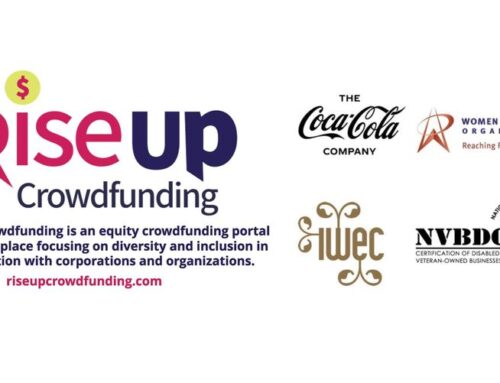ESPN
By Katie Barnes | May 3, 2017
espnW.com
photo: Robby Klein for ESPN / Cynthia Hogan, Karen Brodkin and Beth Brooke-Marciniak, executive women in business
Playing sports is often recognized as an important character and skill building opportunity for young people and their long-term development. And for many women, being an athlete has the ability to elevate their chances of succeeding in the boardroom.
In fact, 94 percent of women in the C-suite played a sport, including 52 percent at university level.
So how does being an athlete affect entrepreneurial success?
Partnering again, EY and espnW conducted in-depth interviews with 22 women entrepreneurs from around the world, all of whom are current or former athletes. Only 2 percent of businesses started by women produce $1 million in revenue or more, and the report explores how the mindset of an athlete can aid in developing strategies for success.
The research identifies five winning tactics, developed through athletics, that can give women an edge as entrepreneurs:
- Confidence — in their abilities, even during rough patches
- Single mindedness — an unwavering focus on the challenges ahead
- Passion — the determination to succeed in everything they do
- Leadership — the ability to lead and inspire a team of like-minded individuals
- Resilience — the ability to take failure as “feedback” that will only make then stronger
“I believe my background in sport has made it much easier for me to adapt and respond to setbacks in business,” said Sezen Sungur Saral, a former professional volleyball player and the founder of consumer electronics company Selekt Bilgisayar, in the report. “It’s all about having resilience and a positive mindset. Don’t be afraid and never give up.”
Not every woman played sports growing up, and the report addresses that as well. Drawing from the themes identified by interviewing the athletes, the report lays out a path for all women to develop the mindset and skills of an athlete that are applicable to entrepreneurial success.
For example, nearly all of the athletes interviewed participate in daily goal setting, and nearly half seek weekly advice from experts outside of their respective industries.
“Whenever I’ve had the chance to receive mentoring, I’ve embraced it,” said Fabíola Molina, a former Olympic swimmer and founder of a swimwear brand. “It’s so valuable to get advice from people who have established and scaled a business — they can help you to accelerate progress on your own journey to success, and avoid making the same mistakes they may have made.”
The full report can be accessed here.


